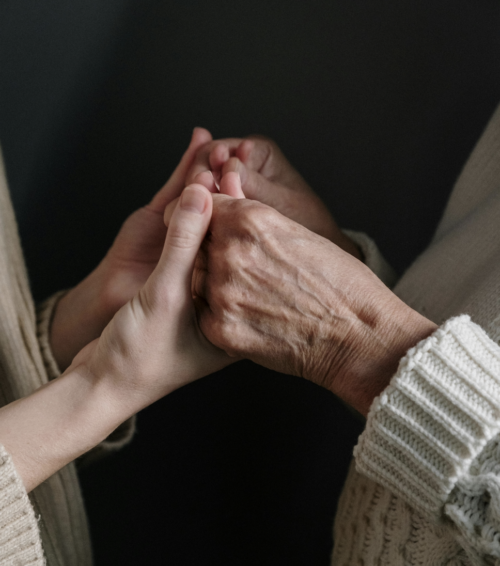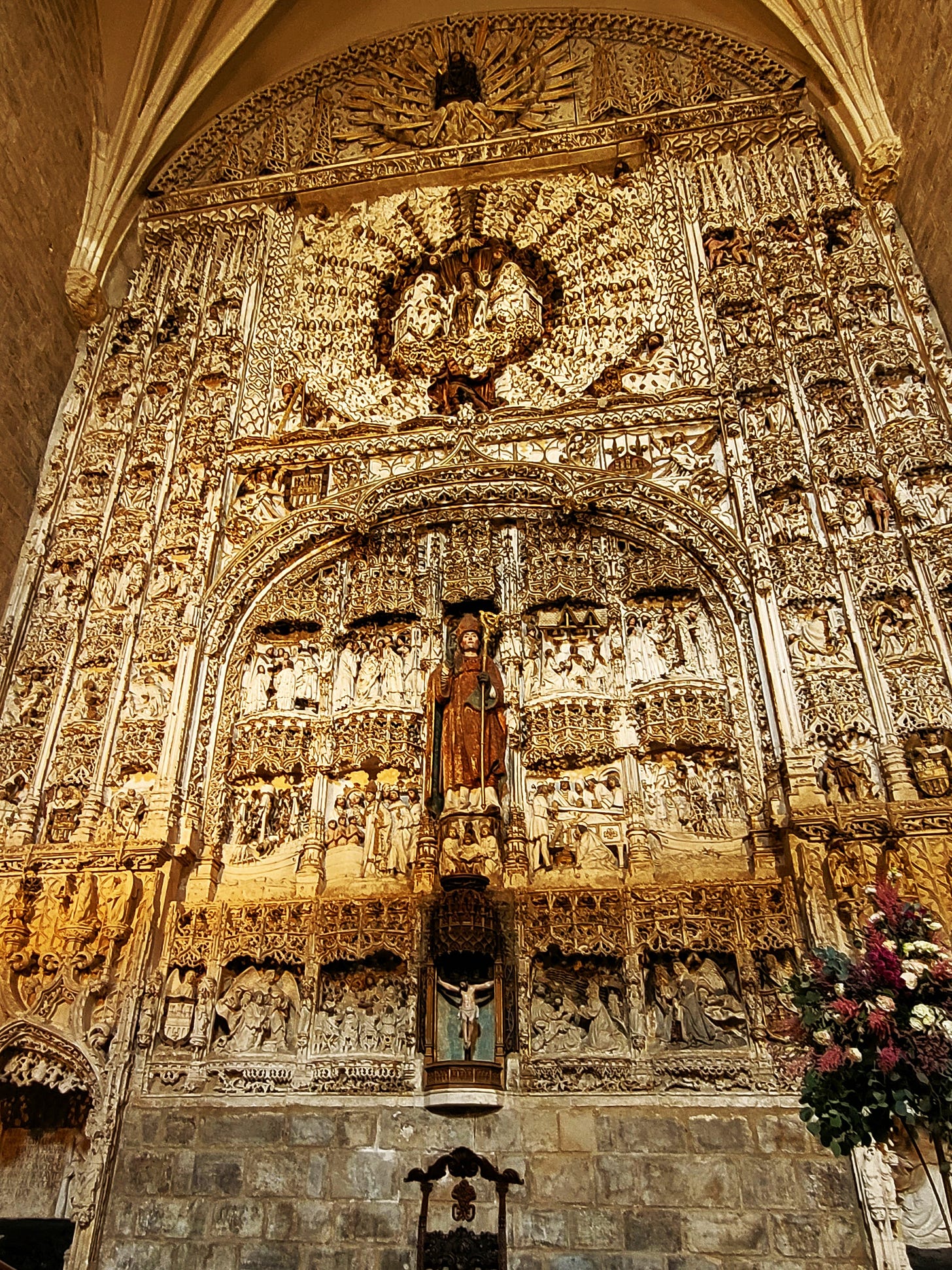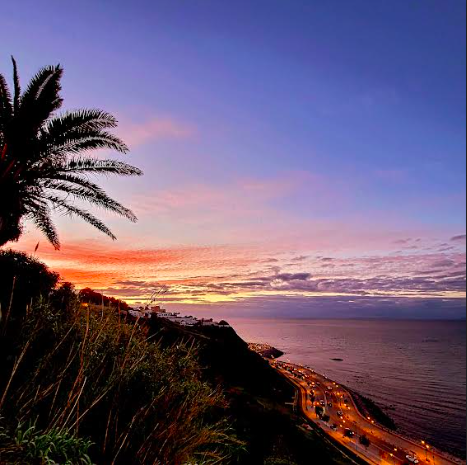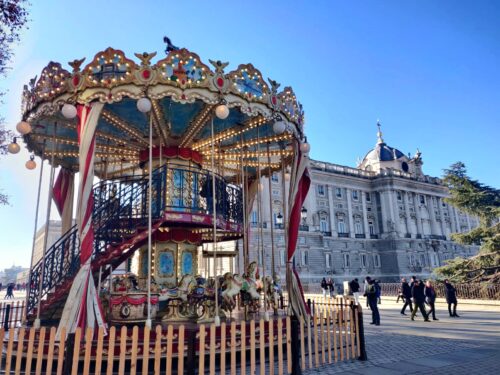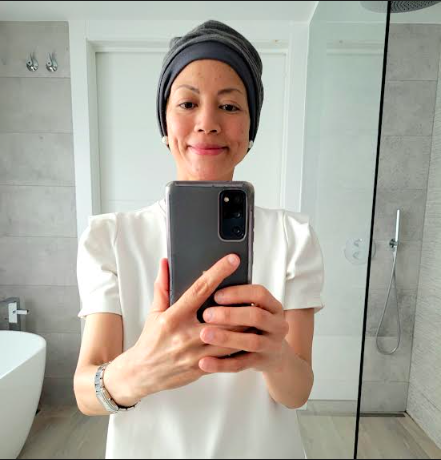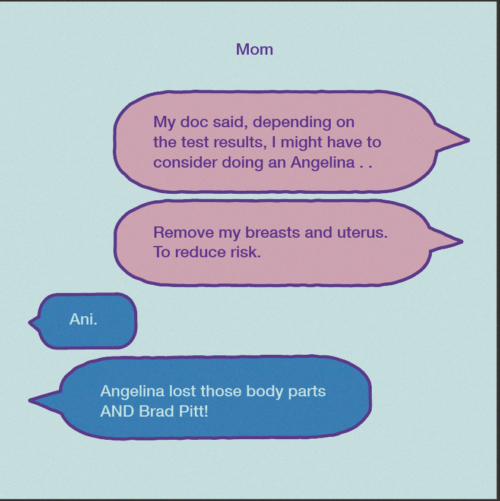At 3am yesterday morning, I texted my still-awake sister from the ER, “What do we dooo?“
“Start thinking of how we’re going to tell the guests that the party is cancelled”.
*
We had planned a birthday celebration for our Dad for 5pm that same afternoon. But 14 hours before the first guest was to show up, my Dad was on his 7th hour in the ER undergoing a series of tests. And my mom was 6 floors above on her 4th night of confinement, recovering from a medical procedure and infection.
*
Then,
At 5am, my dad was discharged from the ER.
At 2pm, my mom was miraculously discharged.
And at 10pm, when all the guests had gone home, we looked at each other in exhaustion and wonderment and sighed, “We did it.”
*
Such are the whiplash highs and lows of caregiving parents – a very special time:
*
It is a constant balancing act: between pulling the trigger on plans (because security deposits) but being open to flow (the list of last-minute plan-cancelations is long). Between hope and managing expectations. A balance between living your life but being available. Between consulting them (with answers fluctuating daily) and making a decision taking everything into account.
*
It takes a village of every character: the planner, the execute-er, the introvert that takes care of the bills, the extrovert that takes care of the socials, the one who answers to “Dad left the house. Please find him”, the children who have children and entertaining stories, the early bird who is available for doctors’ early rounds, the night owl that tears the parent away from the TV at midnight, the detailed note-taker, the high-level cheerleader, not to mention the battery of technical caregivers who do the heavy lifting. All shapes are necessary.
*
It is dotted with difficult moments: the sleeplessness, the worry, the last-minute decisions, the urgency of everything. But there are also the “5am and 2pm moments”. That, even when you say “we did it”, make you know full well the truth. That it was Grace who did it, who swooped in to take over. So that we have breathing room to cherish this special time, and to remember that the village is so much bigger than what we see.

